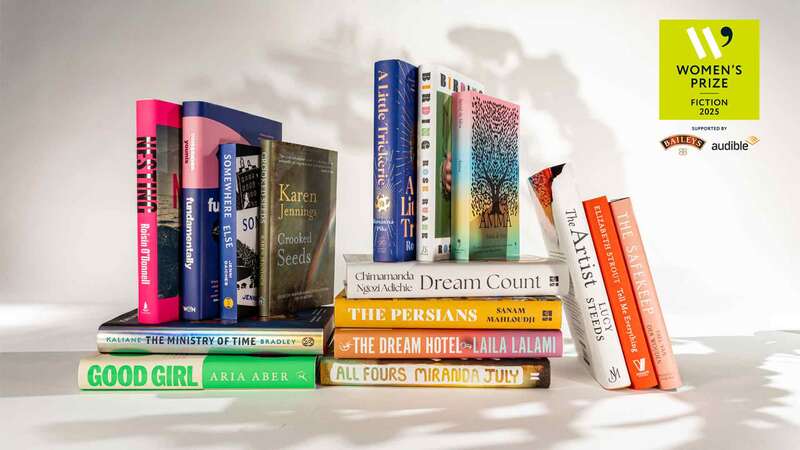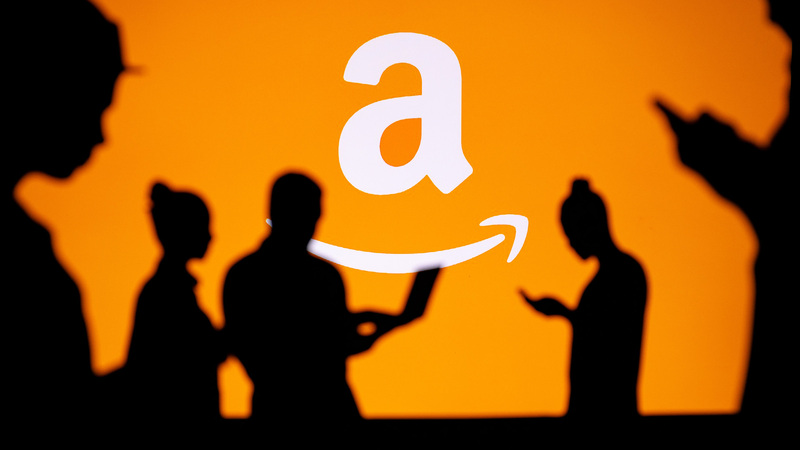You are viewing your 1 free article this month. Login to read more articles.
Publishers fear for territorial rights as business turns global
Publishers are becoming increasingly concerned about Amazon’s policing of territorial rights, with fears heightened by last year’s launch of the Global Store, which enables customers in certain markets to obtain products through their local Amazon store but sourced from Amazon stores across the world. The development could push more publishers to demand greater control over global rights, at a time when Brexit might also open up Europe to American publishers.
Amazon said it had “proactive processes” in place to remove infringing titles. But a number of publishers, speaking to The Bookseller during and after the Frankfurt Book Fair, said they had seen increased evidence of titles “leaking” between different territories, with some believing that Amazon had shifted the onus for policing such purchases onto publishers. One publisher said it now had to “petition strongly” for Amazon to have such titles removed from sale.
According to research undertaken by The Bookseller, US titles are available on Amazon.co.uk, via its Global Store, and from third-party sellers. The Bookseller obtained the US edition of Hilary Mantel’s Wolf Hall via Amazon.co.uk, sourced from stock and delivered in 24 hours; the magazine also bought the US edition of George Saunders’ Man Booker-winner Lincoln in the Bardo through the Global Store, sourced from Amazon.com; it also bought the US edition of Paul Auster’s 4 3 2 1 from Amazon.co.uk, via a Marketplace seller based in the US. In the US,
The Bookseller’s US correspondent bought the UK edition of Dan Brown’s Origin via a Marketplace seller in the UK. Following inquiries from The Bookseller, a number of these titles were removed from sale by Amazon.
Senior publishers spoken to on condition of anonymity told The Bookseller that they viewed the increased activity as evidence of Amazon rolling out a global platform that could see books in different territories price-matched against each other, with the lower priced edition winning the “buy button”. Any such move would particularly concern publishers based in markets where books sell at relatively high prices, such as Australia. But there are also concerns that English-language editions sold at cheaper prices in regions such as India could leak into the US, UK or Australian markets. At present, purchases of such books from Amazon India by UK residents are blocked.
Barry Cunningham, m.d. of children’s publisher Chicken House, said: “We come across this a lot. We have to petition Amazon in the UK to take American versions down and then our sister company in America has to do the same the other way around. It is happening more and seems to happen automatically as soon as any edition goes up. Amazon is sometimes a little slow but it has always taken them down. We have to petition strongly, it is not something it is concerned about unless someone brings it up.” But other publishers said “it’s not a big deal—at the moment”.
Will Atkinson, m.d. of Atlantic, said: “If you have a reasonably good relationship with Amazon, if you notice different editions on the website, you let it know and it takes them down. I think it’s creeping in a bit more.”
Amazon disputed the claims. A spokesperson said: “Amazon has proactive processes in place to identify and remove US editions of books from sale on Amazon. co.uk where the sale of that US edition would infringe the rights of the publisher of a local edition of the same book. We also have an established process which enables third parties, including rights holders, to provide us with notice of infringements or non-compliant products. We respond rapidly to any such notice.” The policy includes marketplace sellers of new books.
Territorial rights were an intense topic of discussion at this year’s Frankfurt Book Fair, with agent Andrew Wylie critical of HarperCollins’ Global Publishing Programme, and Simon & Schuster c.e.o. Carolyn Reidy arguing that Brexit would mean an end to UK publishers claiming exclusive rights in the European Union.
Currency fluctuations and the global buying power of retailers such as Amazon, and distributors such as Baker & Taylor and Ingram, are also increasing pressure on those publishing different editions around the world with some finding that trade buyers will now seek the lowest- priced edition available for shipping.
During a chief executives’ panel at Frankfurt, Reidy said: “You asked me about Brexit: I will say, to my mind at least, the argument the British have used to grab Europe as an exclusive market will then be over.” But she conceded that UK publishers would try to make other arguments.
Most UK publishers and agents disagreed with her point about Brexit, but Nelle Andrew, agent at PFD, was more pragmatic. “The only way I can see for UK publishers to offset this is to give agents better royalties in Europe in order to make it more attractive to agents and authors alike.”
Key quotes
Stephen Lotinga
Publishers Association c.e.o.
“Authors and agents choose to grant UK publishers exclusive rights to the European market due to our expertise and experience, not because of our relationship with the European Union, and Brexit won’t change that. That being said, it is of course important for UK publishers to continue to have the fullest possible access to the European market after we leave the EU.”
Nicola Solomon
Society of Authors c.e.o.
“Carolyn Reidy’s view makes sense, that Brexit will mean Europe is no longer an ‘exclusive market’ to UK publishers, and mirrors our concerns about competition from other English-speaking territories. What our members will be asking is how vulnerable they’ll be, as publishers vie for these newly opened European markets.”
Alessandro Gallenzi
Alma Books founder
“It is clear that there is much at stake here for British publishers. If we were to lose exclusivity on European sales, it would have profound consequences for the book trade in this country.”
Kate Wilson
Nosy Crow m.d.
“The current set-up is to do with the EU’s free trade laws. I think [Reidy’s comments] are a bit premature. It is not a political thing but a trading issue. The key thing is it’s a trade question . . . This is not such a case for children’s books, so it is not so much an is- sue for us. I would be more worried if I were an adult publisher or a genre publisher, focusing on e-books.”
Robert Caskie
Caskiemushens co-founder
“We live in a time where people have more extreme views. We have to give voices to everybody. I don’t support [the FBF17 protesters] but they have to be given a voice as well so they are included, as long as they are not inciting violence.”
Maria Källsson
Gothenburg Book Fair director
“As a book fair we must move forward to actively work against those who question the equal value of all people and who can, in the future, threaten the very foundations that our book fairs rest upon.”



















